The Chemical Industry’s Battle with Quality Infrastructure and Short-Term Policies 2023

The Chemical Industry’s Battle with Quality Infrastructure and Short-Term Policies 2023
Chemical industry operators are shifting their emphasis to speciality chemicals in an effort to increase margins in light of the current downturn in the chemical sector.
According to recent industry data, the chemical sector as a whole has experienced negative growth over the last three quarters. In contrast, the specialised chemicals industry has seen expansion and performed admirably.
According to experts in the business, even if the specialised chemical sector has tremendous growth potential, it must address issues with infrastructure, R&D, and long-term policy making if it is to compete on the global stage.

Bulk chemicals, speciality chemicals, agrochemicals, petrochemicals, polymers, and fertilisers may all be generally categorised under the heading of “chemicals” in the Indian chemical sector. More than 80,000 industrial goods are covered.
The specialised chemicals industry in India accounts for 22% of the nation’s overall chemicals and petrochemicals business, according to statistics compiled by the India Brand Equity Foundation, a trust formed by the Ministry of Commerce and Industry. According to a recent CRISIL analysis, India’s speciality chemical industry would expand more quickly than China’s, boosting its market share from 3-4% in fiscal 2021 to 6% by 2026.
The demand crisis in the European and American markets has had an influence on our company because some of our clients are also exporters, according to Maulik Patel, Chairman and Managing Director of Meghmani Finechem Limited, a prominent manufacturer of chemicals with headquarters in Ahmedabad. Due to our expensive stocks, we experienced inventory losses.
Meghmani Finechem’s sales this quarter decreased by 15% to Rs 455 crore. However, the volume of derivatives and speciality chemicals increased year over year by 11%, and their revenue share increased from 21% to 38%.
“The situation is the same for the other manufacturers who deal with specialty chemicals,” he continued. I think specialised chemicals are becoming more prevalent in the Indian chemical industry.
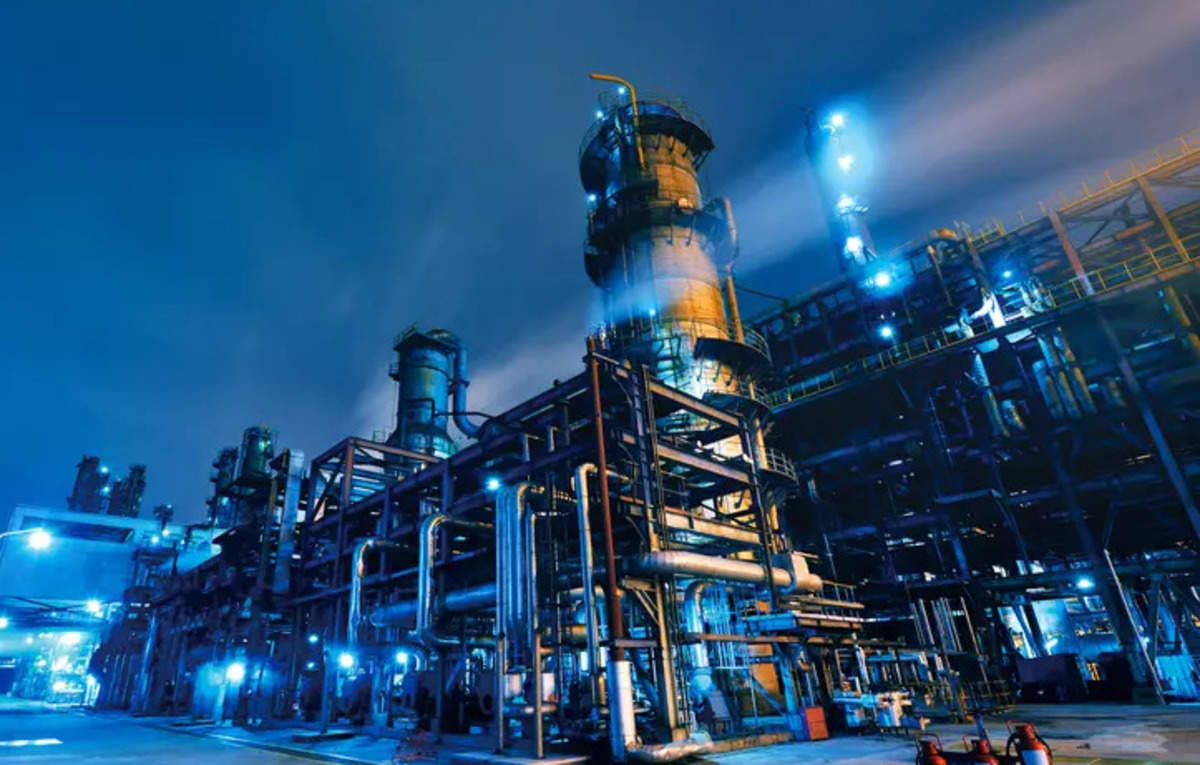
The Indian market is going through a change in demand. Take epichlorohydrin (ECH) as an example. There is now a volume of demand of about 2 mmt. But with the expansion of infrastructure, rising vehicle demand, and expanding building, it is anticipated to quadruple in the next two to three years.
Although there is sufficient demand on the domestic market and focusing on the import-dependent chemicals may be a solution, Patel claimed that there is not enough global demand. He added that India is a sizable market and that international companies would be searching for indigenous companies to work with in the upcoming years.
“India needs to overcome the infrastructure and R&D challenges in order to take advantage of that and to compete with global players,” he added.
The production of chemicals ranks India third in Asia and sixth overall in the globe, contributing 7% to the country’s GDP. The chemical industry in India is expected to increase from $ 220 billion in 2022 to $ 300 billion in 2025 and $ 1 trillion in 2040.
According to Abhay V. Udeshi, chairman of the Basic Chemicals Cosmetics and Dyes Export Promotion Council, “Countries are searching for alternatives to China because to the problems that China is now experiencing.
India, in my opinion, has the capacity to fill the hole left by China. However, we must address problems including a lack of high-quality infrastructure, a viable political system, and research and development.

He said, “We need a quality plug-and-pay infrastructure for basic and essential services if India wants to overtake China as the world’s manufacturing powerhouse. Long-term policies are required so that the manufacturer may be confident in his future planning.
The RoDTEP (Remission of customs or Taxes on Export Products) policy, for instance, has a 30 September 2023 expiration date and allows for the repayment of taxes and customs.
The government may decide to prolong it, but if the sector wants to grow and make plans for the next five to ten years, it has to know what the rules will be. Additionally, the government must offer tax advantages to encourage investment in R&D.
“There is a learning curve, but the government is doing a wonderful job of supporting MSMEs to increase their sustainability. Even if there are signs of a demand rebound right now, 2023 still doesn’t seem to be going well. The desire for self-sufficiency is widespread, and we must comprehend the trends in demand in this dynamic industry, said Udeshi.
In recent years, the chemical industry has been grappling with two major challenges that can define its future: quality infrastructure and short-term policies. As the backbone of various verticals like pharmaceuticals, petrochemicals, and agrochemicals, the industry’s well-being has a multiplier effect on the global economy.
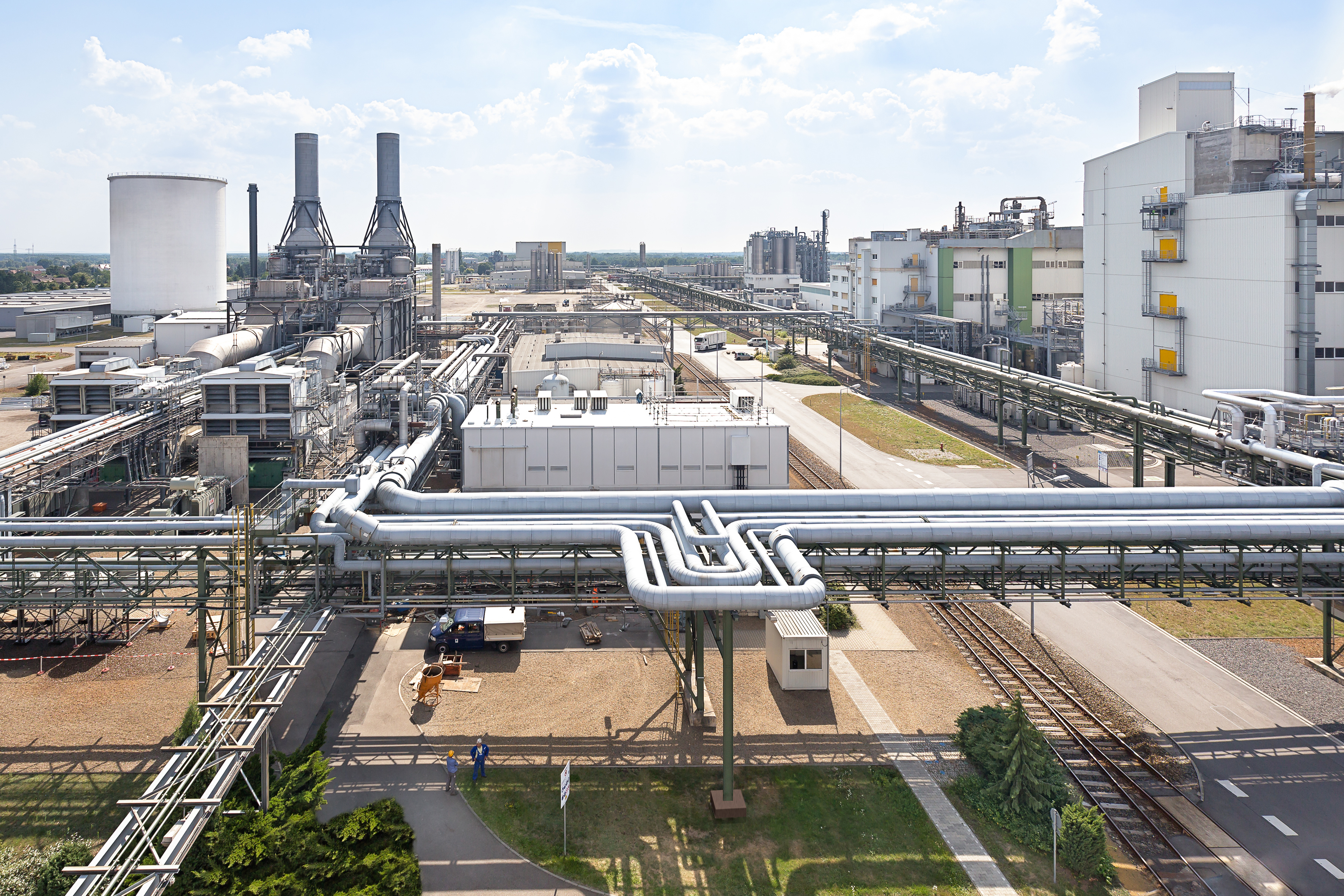
However, its growth is stymied by issues in infrastructure quality and the adoption of policies that lack long-term vision. This article examines these challenges in depth, shedding light on how they affect the industry and what measures are necessary to overcome them.
Often, chemical plants and processing units are marred by outdated technology, leading to inefficiencies and increased risk of accidents. The inability to upgrade the infrastructure due to capital constraints or bureaucratic hurdles leads to diminished product quality and increased waste.
Regulations exist to ensure safety and quality, but the mechanisms for oversight are often outdated or insufficiently enforced. This results in companies taking shortcuts, risking both safety and quality.
Quality is not just the responsibility of the manufacturing unit; it extends to the entire supply chain. Inefficient logistics, poor storage facilities, and sub-standard raw materials can degrade the quality of the final product.
As chemical processes become more complex, the need for skilled labor is more urgent than ever. However, a lack of educational programs focused on the specialized skills required for the chemical industry exacerbates the issue.
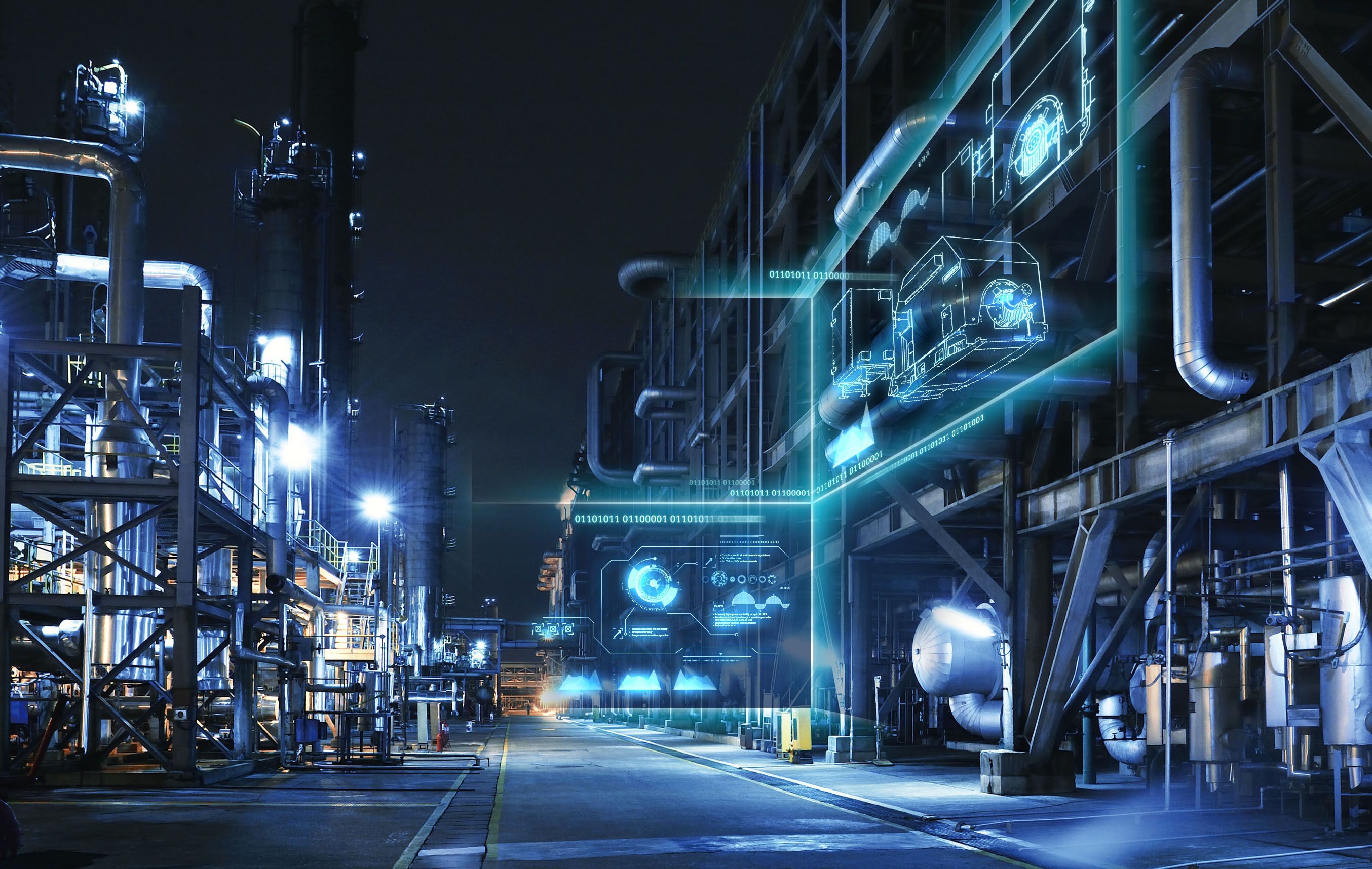
Short-term financial goals often eclipse the need for research and development. The pressure to deliver immediate returns makes it less appealing for companies to invest in long-term R&D projects.
Political pressures often lead to changing regulatory landscapes, making it difficult for companies to plan for the long term. For instance, regulations related to environmental sustainability may change with each election cycle, leading to uncertainties.
Quick profits generated from existing, perhaps outdated, technologies divert focus from sustainability and innovation. This short-sighted approach can stifle growth and lead to obsolescence.
Trade policies that change frequently can severely affect the chemical industry. Tariffs, sanctions, and import-export restrictions, often imposed with short-term goals in mind, can have long-lasting impacts on the industry’s health.
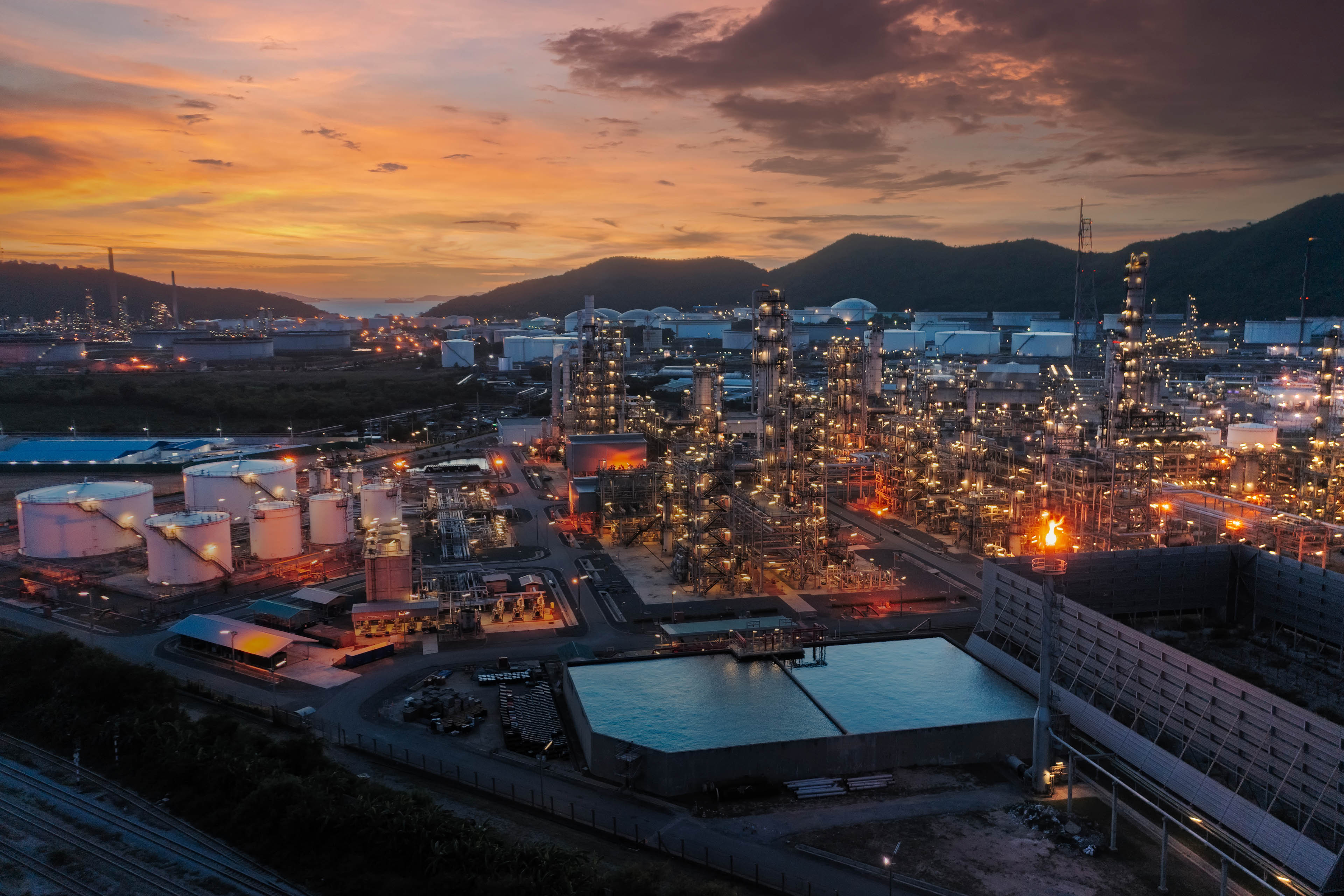
The frequent changes in environmental regulations in the U.S. have often caused chemical companies to alter their strategies hastily, leading to inefficiencies and increased costs.
The Indian chemical industry is a case in point for struggling quality infrastructure. Lack of proper storage facilities and inadequate transportation has led to significant losses and compromised quality.
Policies must be designed with a long-term perspective, offering stability and predictability. Incentives should be created for investments in R&D and infrastructure upgrades.
Collaborations between governments and private entities can be crucial in overcoming both infrastructure and policy-related challenges.
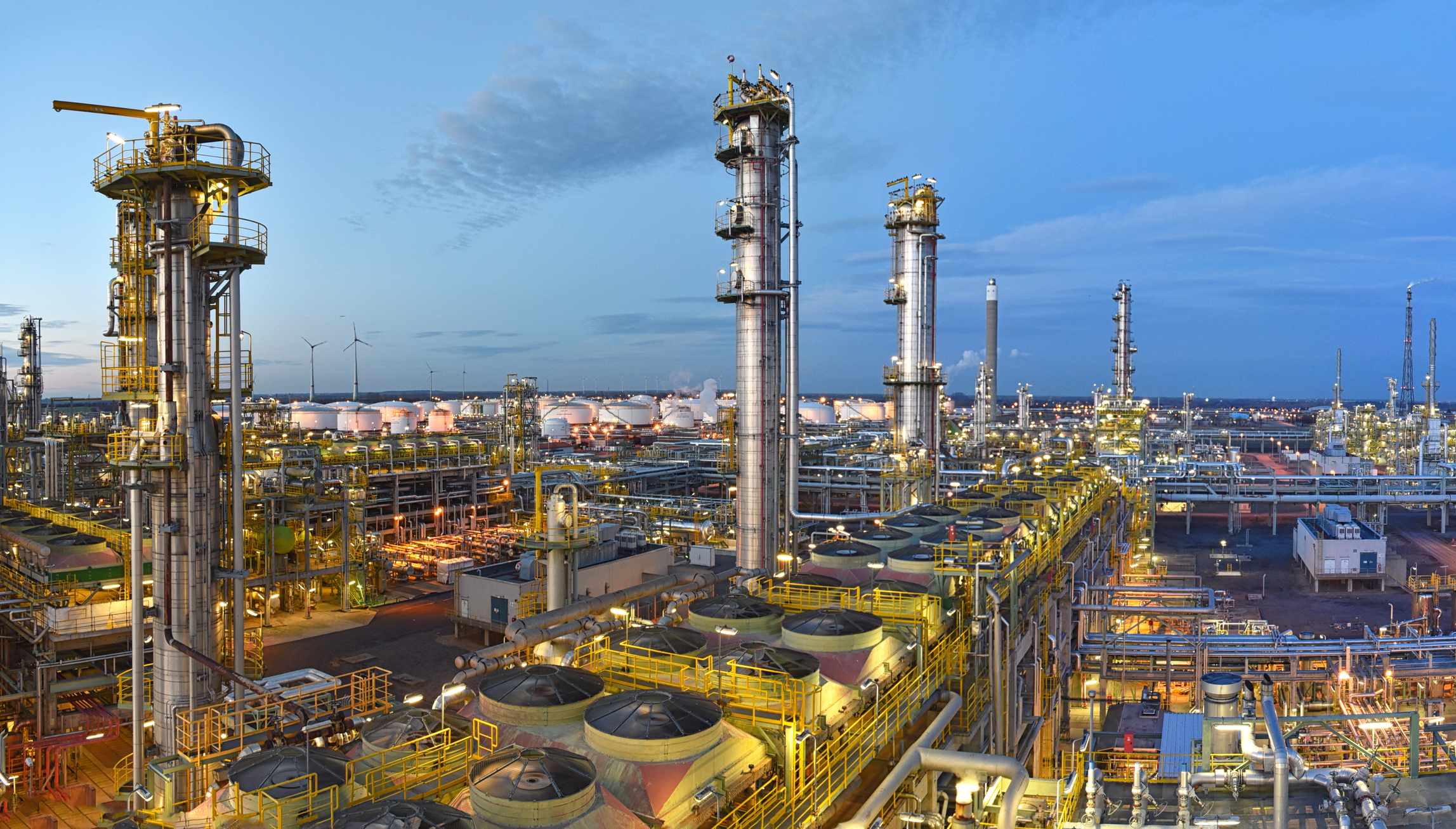
Adopting global best practices can offer a roadmap for improving quality across all stages of production.
Investment in educational programs and skill-building can address the labor quality issue effectively.
While the chemical industry is critical for the global economy, its growth and stability are currently hindered by quality infrastructure issues and short-term policies.
Addressing these challenges requires concerted efforts from governments, industry stakeholders, and educational institutions. Only by adopting long-term planning and focusing on quality can the industry hope to reach its full potential.




